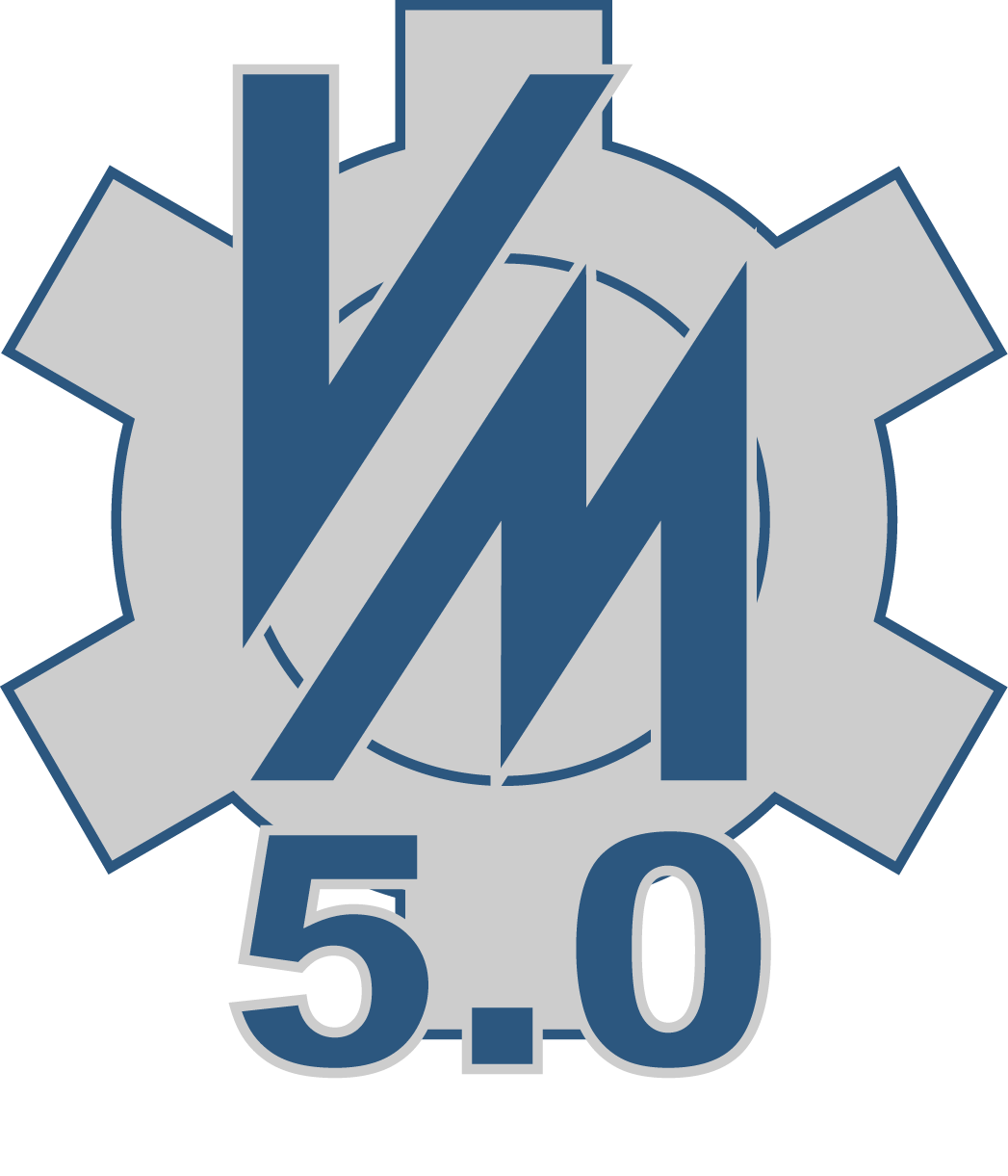 Bibliographic Information
Bibliographic Information
Nocturne
by Thomas MacGreevy
Original Source
Diplomatic editions of MacGreevy's poetry were created from
Witness List
- Witness t7989-1-2: 'Nocturne, Saint Eloi, 1918' (TCD 7878/1/2)
- Witness t7989-1-3: 'Nocturne of St. Eloi, 1918' (TCD MS 7989/1/3)
- Witness t7989-1-1: 'Nocturne, Saint Eloi' (TCD MS 79891/1)
- Witness nocturne_poems: published in Poems as 'Nocturne'
Textual Notes
Electronic Edition Information:
Responsibility Statement:
- Text Encoding by Susan Schreibman and Jarom McDonald
- Annotations by Susan Schreibman
Publication Details:
Published by Susan Schreibman.
Thomas MacGreevy's poetry is reprinted here with the kind permission of Margaret Farrington and the late Elizabeth Ryan.
This poem is being made available for demonstration purposes only. It may not be reproduced without explicit permission from the copyright holder. For copyright information, please contact Susan Schreibman at susan.schreibman[AT]gmail.com
Encoding Principles
This is a demonstration document created for the Versioning machine using TEIP5 parallel segmentation.




Saint Eloi, one of the most popular Saints of the Middle Ages, founded a monastery near the present village of Mont St. Eloi, five miles northwest of the city of Arras in northern France. The ruins of the monastery remain, and in 1917-18 were close to the Western Front. There is also a British Military Cemetery nearby.
Eloi may also be a reference to the words of Christ on the cross: 'Eloi, Eloi, lamma sabacthani? . . . My God, my God, why hast thou forsaken me?' (Mark 15:34-5).
Geoffrey England Taylor, a fellow cadet at the training academy at Bloomsbury in London, was MacGreevy's closest friend during the war. Both men were drafted to the same division in France. MacGreevy was assigned to guns, Taylor to trench mortars: 'the greatest misfortune that could befall a gunner-officer. Trench mortars were regarded with horror . . . [they were] a suicide club.'
While MacGreevy was recovering from his shoulder wound in Manchester, he found Taylor's name in the Died of Wounds section of the Casualty List. The death of Geoffrey Taylor, 'one of the most sensitively gentle' of men, represented to MacGreevy the worst horror of war: the destruction of 'life's hopes and dreams'; 'intelligence and beauty'.
Geoffrey England Taylor, a fellow cadet at the training academy at Bloomsbury in London, was MacGreevy's closest friend during the war. Both men were drafted to the same division in France. MacGreevy was assigned to guns, Taylor to trench mortars: 'the greatest misfortune that could befall a gunner-officer. Trench mortars were regarded with horror . . . [they were] a suicide club.'
While MacGreevy was recovering from his shoulder wound in Manchester, he found Taylor's name in the Died of Wounds section of the Casualty List. The death of Geoffrey Taylor, 'one of the most sensitively gentle' of men, represented to MacGreevy the worst horror of war: the destruction of 'life's hopes and dreams'; 'intelligence and beauty'.




Saint Eloi, one of the most popular Saints of the Middle Ages, founded a monastery near the present village of Mont St. Eloi, five miles northwest of the city of Arras in northern France. The ruins of the monastery remain, and in 1917-18 were close to the Western Front. There is also a British Military Cemetery nearby.
Eloi may also be a reference to the words of Christ on the cross: 'Eloi, Eloi, lamma sabacthani? . . . My God, my God, why hast thou forsaken me?' (Mark 15:34-5).
Geoffrey England Taylor, a fellow cadet at the training academy at Bloomsbury in London, was MacGreevy's closest friend during the war. Both men were drafted to the same division in France. MacGreevy was assigned to guns, Taylor to trench mortars: 'the greatest misfortune that could befall a gunner-officer. Trench mortars were regarded with horror . . . [they were] a suicide club.'
While MacGreevy was recovering from his shoulder wound in Manchester, he found Taylor's name in the Died of Wounds section of the Casualty List. The death of Geoffrey Taylor, 'one of the most sensitively gentle' of men, represented to MacGreevy the worst horror of war: the destruction of 'life's hopes and dreams'; 'intelligence and beauty'.
Geoffrey England Taylor, a fellow cadet at the training academy at Bloomsbury in London, was MacGreevy's closest friend during the war. Both men were drafted to the same division in France. MacGreevy was assigned to guns, Taylor to trench mortars: 'the greatest misfortune that could befall a gunner-officer. Trench mortars were regarded with horror . . . [they were] a suicide club.'
While MacGreevy was recovering from his shoulder wound in Manchester, he found Taylor's name in the Died of Wounds section of the Casualty List. The death of Geoffrey Taylor, 'one of the most sensitively gentle' of men, represented to MacGreevy the worst horror of war: the destruction of 'life's hopes and dreams'; 'intelligence and beauty'.




Saint Eloi, one of the most popular Saints of the Middle Ages, founded a monastery near the present village of Mont St. Eloi, five miles northwest of the city of Arras in northern France. The ruins of the monastery remain, and in 1917-18 were close to the Western Front. There is also a British Military Cemetery nearby.
Eloi may also be a reference to the words of Christ on the cross: 'Eloi, Eloi, lamma sabacthani? . . . My God, my God, why hast thou forsaken me?' (Mark 15:34-5).
Geoffrey England Taylor, a fellow cadet at the training academy at Bloomsbury in London, was MacGreevy's closest friend during the war. Both men were drafted to the same division in France. MacGreevy was assigned to guns, Taylor to trench mortars: 'the greatest misfortune that could befall a gunner-officer. Trench mortars were regarded with horror . . . [they were] a suicide club.'
While MacGreevy was recovering from his shoulder wound in Manchester, he found Taylor's name in the Died of Wounds section of the Casualty List. The death of Geoffrey Taylor, 'one of the most sensitively gentle' of men, represented to MacGreevy the worst horror of war: the destruction of 'life's hopes and dreams'; 'intelligence and beauty'.
Geoffrey England Taylor, a fellow cadet at the training academy at Bloomsbury in London, was MacGreevy's closest friend during the war. Both men were drafted to the same division in France. MacGreevy was assigned to guns, Taylor to trench mortars: 'the greatest misfortune that could befall a gunner-officer. Trench mortars were regarded with horror . . . [they were] a suicide club.'
While MacGreevy was recovering from his shoulder wound in Manchester, he found Taylor's name in the Died of Wounds section of the Casualty List. The death of Geoffrey Taylor, 'one of the most sensitively gentle' of men, represented to MacGreevy the worst horror of war: the destruction of 'life's hopes and dreams'; 'intelligence and beauty'.




Saint Eloi, one of the most popular Saints of the Middle Ages, founded a monastery near the present village of Mont St. Eloi, five miles northwest of the city of Arras in northern France. The ruins of the monastery remain, and in 1917-18 were close to the Western Front. There is also a British Military Cemetery nearby.
Eloi may also be a reference to the words of Christ on the cross: 'Eloi, Eloi, lamma sabacthani? . . . My God, my God, why hast thou forsaken me?' (Mark 15:34-5).
Geoffrey England Taylor, a fellow cadet at the training academy at Bloomsbury in London, was MacGreevy's closest friend during the war. Both men were drafted to the same division in France. MacGreevy was assigned to guns, Taylor to trench mortars: 'the greatest misfortune that could befall a gunner-officer. Trench mortars were regarded with horror . . . [they were] a suicide club.'
While MacGreevy was recovering from his shoulder wound in Manchester, he found Taylor's name in the Died of Wounds section of the Casualty List. The death of Geoffrey Taylor, 'one of the most sensitively gentle' of men, represented to MacGreevy the worst horror of war: the destruction of 'life's hopes and dreams'; 'intelligence and beauty'.
Geoffrey England Taylor, a fellow cadet at the training academy at Bloomsbury in London, was MacGreevy's closest friend during the war. Both men were drafted to the same division in France. MacGreevy was assigned to guns, Taylor to trench mortars: 'the greatest misfortune that could befall a gunner-officer. Trench mortars were regarded with horror . . . [they were] a suicide club.'
While MacGreevy was recovering from his shoulder wound in Manchester, he found Taylor's name in the Died of Wounds section of the Casualty List. The death of Geoffrey Taylor, 'one of the most sensitively gentle' of men, represented to MacGreevy the worst horror of war: the destruction of 'life's hopes and dreams'; 'intelligence and beauty'.
 Textual Notes
Textual Notes
Saint Eloi, one of the most popular Saints of the Middle Ages, founded a monastery near the present village of Mont St. Eloi, five miles northwest of the city of Arras in northern France. The ruins of the monastery remain, and in 1917-18 were close to the Western Front. There is also a British Military Cemetery nearby.
Eloi may also be a reference to the words of Christ on the cross: 'Eloi, Eloi, lamma sabacthani? . . . My God, my God, why hast thou forsaken me?' (Mark 15:34-5).
Geoffrey England Taylor, a fellow cadet at the training academy at Bloomsbury in London, was MacGreevy's closest friend during the war. Both men were drafted to the same division in France. MacGreevy was assigned to guns, Taylor to trench mortars: 'the greatest misfortune that could befall a gunner-officer. Trench mortars were regarded with horror . . . [they were] a suicide club.'
While MacGreevy was recovering from his shoulder wound in Manchester, he found Taylor's name in the Died of Wounds section of the Casualty List. The death of Geoffrey Taylor, 'one of the most sensitively gentle' of men, represented to MacGreevy the worst horror of war: the destruction of 'life's hopes and dreams'; 'intelligence and beauty'.
Geoffrey England Taylor, a fellow cadet at the training academy at Bloomsbury in London, was MacGreevy's closest friend during the war. Both men were drafted to the same division in France. MacGreevy was assigned to guns, Taylor to trench mortars: 'the greatest misfortune that could befall a gunner-officer. Trench mortars were regarded with horror . . . [they were] a suicide club.'
While MacGreevy was recovering from his shoulder wound in Manchester, he found Taylor's name in the Died of Wounds section of the Casualty List. The death of Geoffrey Taylor, 'one of the most sensitively gentle' of men, represented to MacGreevy the worst horror of war: the destruction of 'life's hopes and dreams'; 'intelligence and beauty'.









